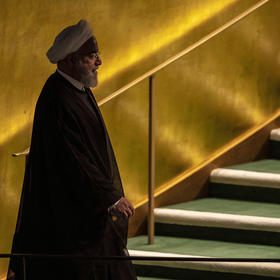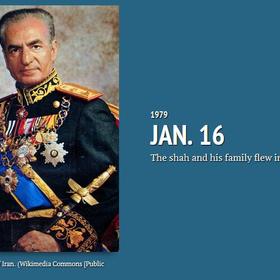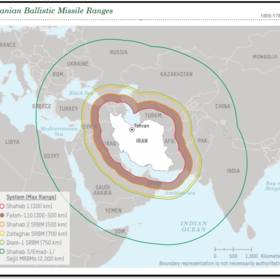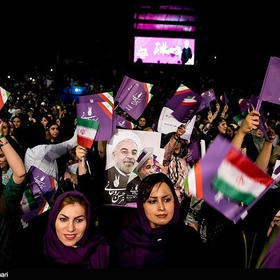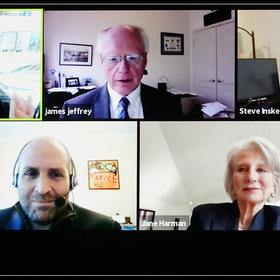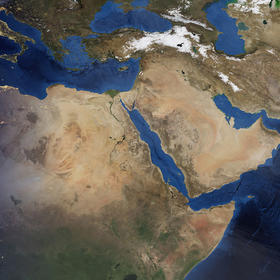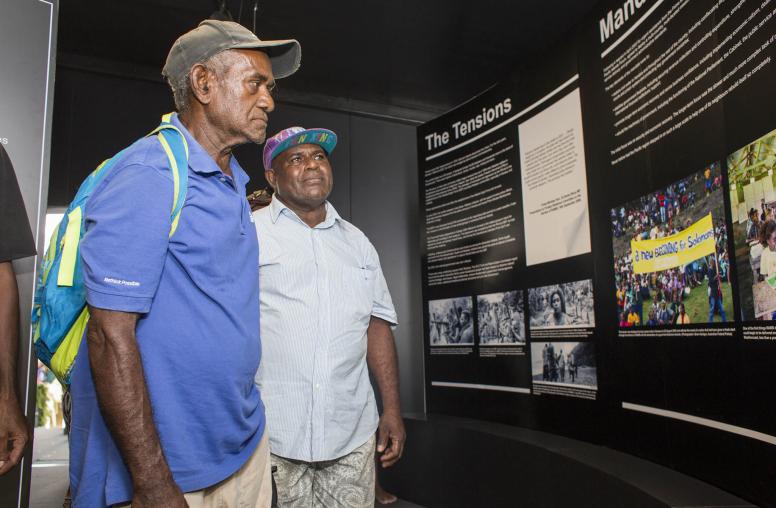In 2010, USIP and the Woodrow Wilson Center launched “The Iran Primer”—an original book and regularly updated website—to provide resources and education about Iran, which has been one of the thorniest foreign policy issues for the United States since 1979.
The Iran Primer
The website continues to cover Iran’s domestic politics and foreign relations, the economy, the military, its nuclear and missile programs, and U.S. policy. The project’s goal is to help develop a better understanding of the challenges Iran poses and reduce the likelihood of violent conflict. Featuring book chapters and articles by more than 80 leading experts from 20 think tanks, eight universities, and six U.S. administrations, it has become a comprehensive source for data and analysis on the Islamic Republic of Iran.
For Americans, Iran is one of the least understood countries in the world. Relations have been cut off since shortly after the 1979 takeover of the U.S. Embassy. By 2010, the dispute over Iran’s nuclear program sparked deep debates on policy—and the possibi lity of war. But few resources offered hard information, thoughtful analysis, and historic context that could be useful for both policymakers and the public.
About The Iran Primer
Provide objective information and analysis
The team continuously updates The Iran Primer website with new articles. Staff conduct original research and produce fresh perspectives, with outside experts also providing analysis.
Contribute to the national conversation on foreign policy issues
Staff members contribute expertise at conferences and events at home and abroad. They also provide analysis to the media and brief members of Congress and their staff, officials from the Pentagon and State Department, the intelligence community, and U.S. service academies.
Foster dialogue on the Middle East’s latest political, economic and social trends
The team builds relationships with U.S. government agencies, congressional offices, and foreign diplomats, as well as think thanks, foreign affairs analysts, economists, and youth and women’s rights activists. The program also hosts public events on the evolving trends.
